Life
-
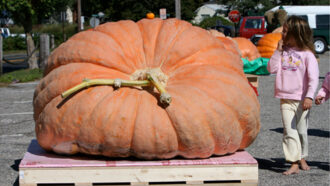 Plants
PlantsHere’s how giant pumpkins get so big
Cinderella took a ride in a pumpkin coach. Though real pumpkins do get big enough, here’s why their ride would be uncomfortable at best.
-
 Health & Medicine
Health & MedicineScientists Say: Narcotic
Scientists refer to a narcotic as a drug that stops pain, but the word can be used in other ways as well.
-
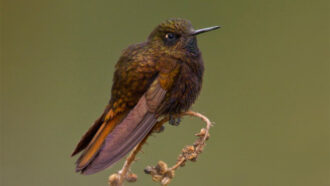 Life
LifeOne hummingbird survives cold nights by nearly freezing stiff
To survive a freezing night, hummingbirds in the Andes mountains go very still, slow their heart rate and let their body temperature plummet.
-
 Genetics
GeneticsGene editing can alter body fat and may fight diabetes
Researchers have long dreamed of using brown fat to fight obesity and diabetes. Work in animals shows they’re closing in on achieving that dream.
-
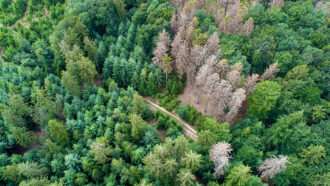 Plants
PlantsThe faster trees grow, the younger they die
As climate change spurs forest tree growth, it also shortens trees’ lives. That results in a quicker release of climate-warming carbon back into the atmosphere.
-
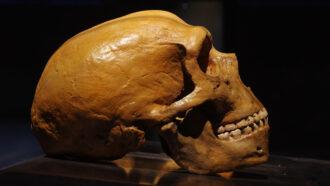 Health & Medicine
Health & MedicineSome Neandertal genes may up the risk of severe COVID-19
Most of the affected people descend from communities in South Asia or live in Europe today.
-
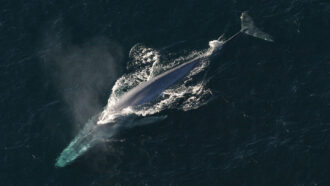 Animals
AnimalsWhales get a second life as deep-sea buffets
When a whale dies and sinks to the seafloor, it becomes a feast for hundreds of different types of creatures.
-
 Health & Medicine
Health & MedicineLet’s learn about bones
Bones hold us up and help us fight gravity with every step. They also make blood cells, hormones and more.
-
 Ecosystems
EcosystemsScientists Say: Desert
Deserts are ecosystems that get less than 250 millimeters (10 inches) of precipitation per year.
-
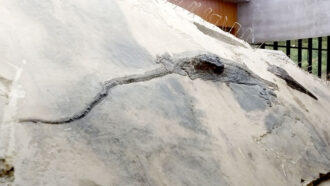 Fossils
FossilsThis ancient reptile’s last meal may have truly been a killer
An ichthyosaur’s eyes were too big for its stomach. And that may have led to this ancient reptile’s death.
-
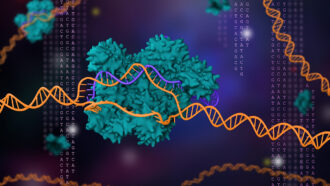 Chemistry
Chemistry2020 chemistry Nobel goes for CRISPR, the gene-editing tool
Only eight years after its development, CRISPR has revolutionized genetics. It also just brought Emmanuelle Charpentier and Jennifer Doudna acclaim.
-
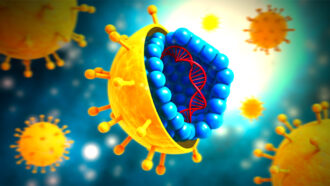 Health & Medicine
Health & MedicineTrio wins 2020 Nobel for discovery of hepatitis C
It took 50 years from discovery of hepatitis C to its cure. For their pivotal work in this area, three men will take home a 2020 Nobel Prize.